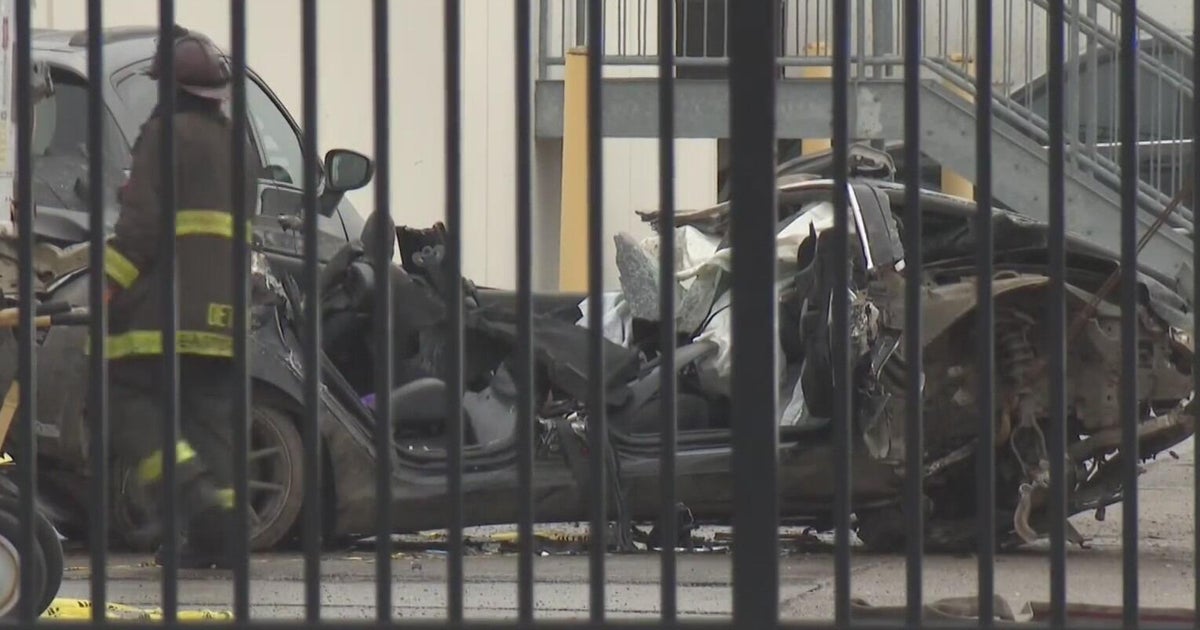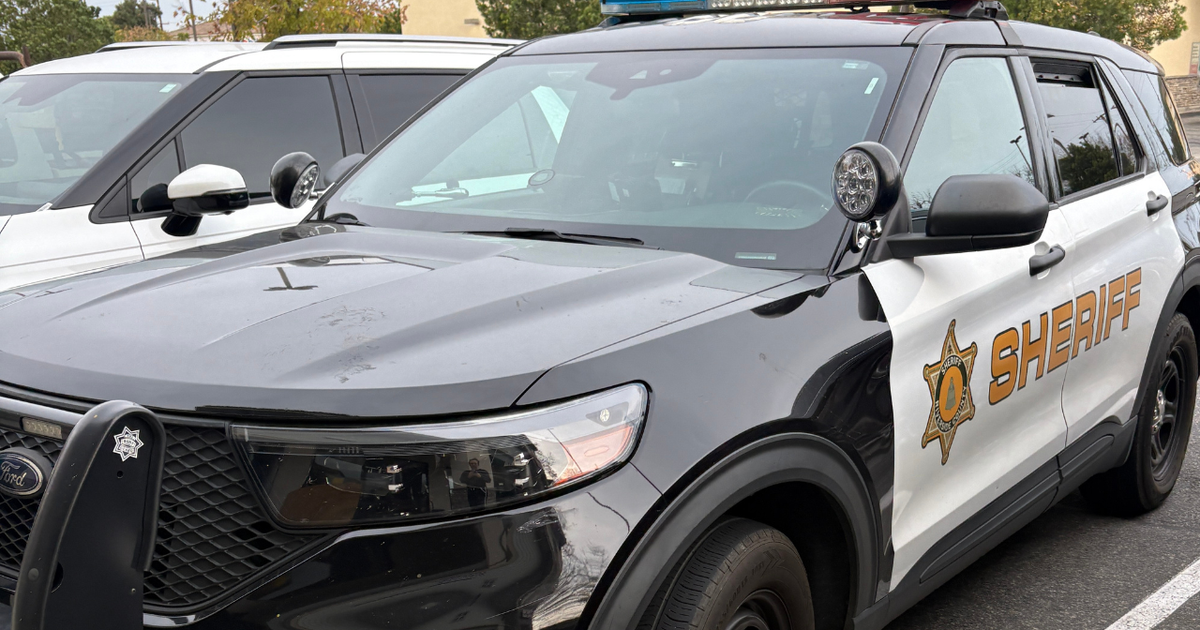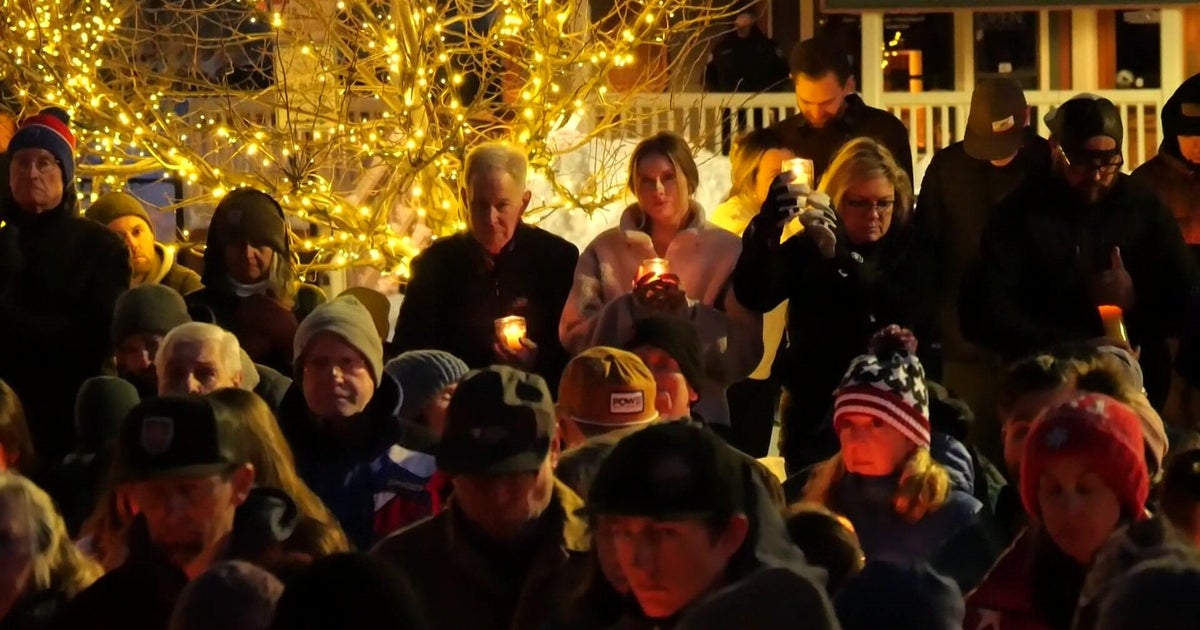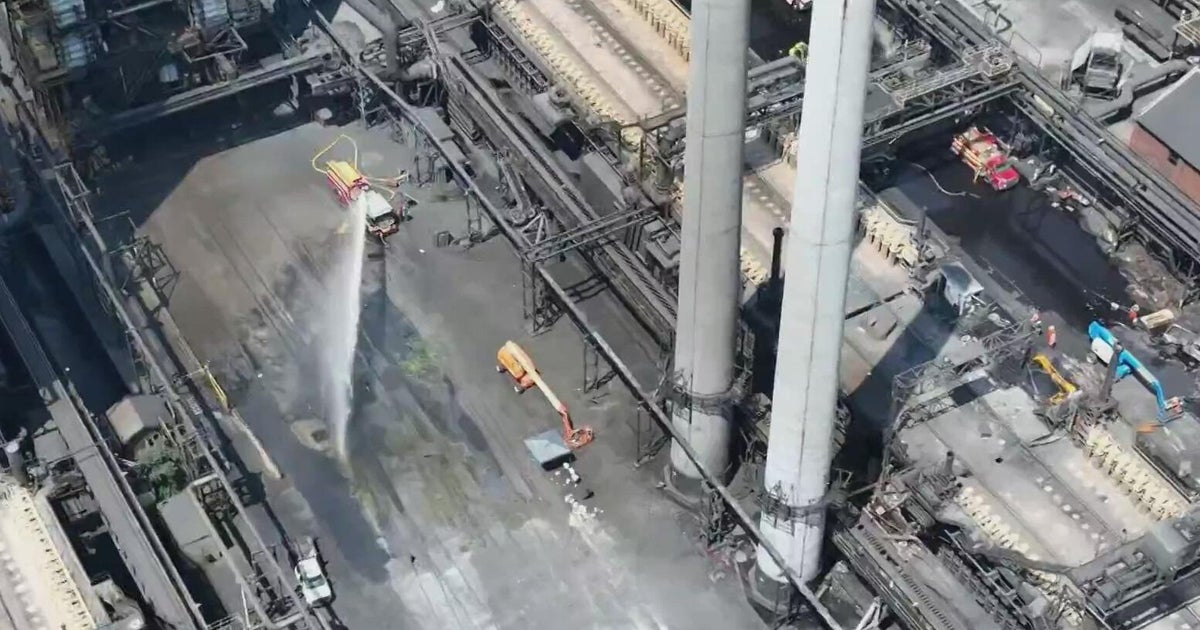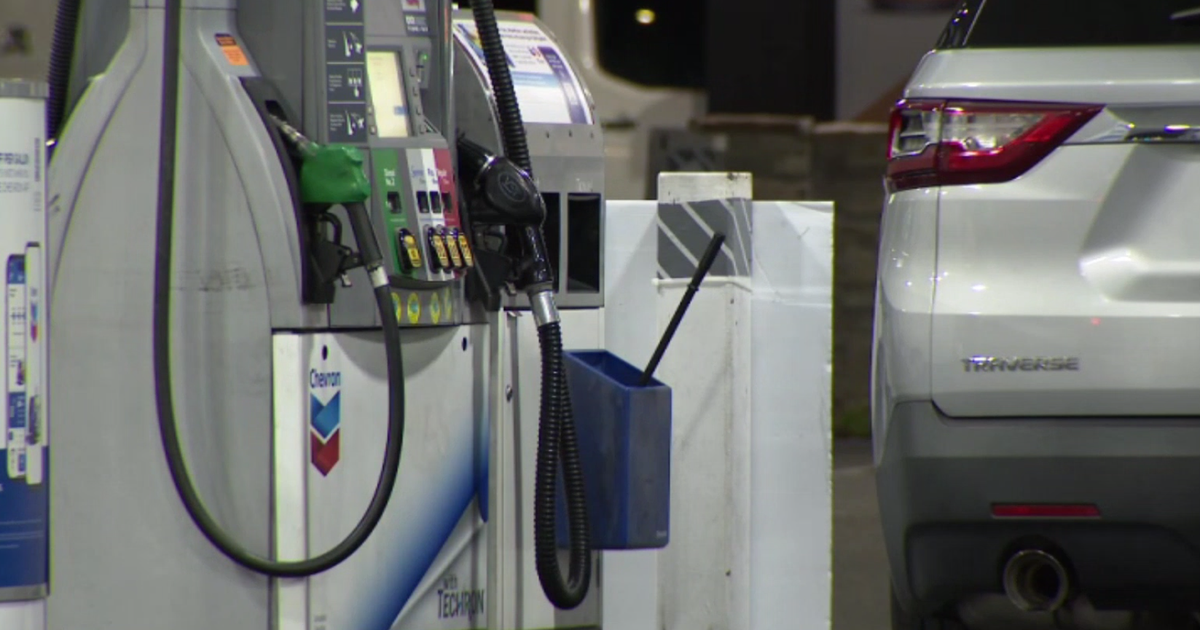GM Recall Probe To Be Made Public
DETROIT (WWJ/AP) - Along rows of cubicles at the General Motors Technical Center in suburban Warren, engineers knew for years about faulty ignition switches in small cars. Safety officials in the same complex knew, too. So did the lawyers downtown.
That knowledge loitered inside GM for at least a decade until this February, when the company recalled 2.6 million cars to repair the switches. During that time, at least 13 people lost their lives in crashes tied to the problem. Why that delay happened - and who is responsible - should be revealed Thursday, when a report by former U.S. Attorney Anton Valukas is made public.
"I think we're going to get some bombshells out of the presentation," said WWJ Auto Analyst John McElroy. "Reportedly, there's going to be executives who are going to be fired in both engineering and policy planning, and in the legal department as well. I think we're finally going to get to the bottom of how this went so wrong for so long."
The report, paid for by GM with the promise of an "unvarnished" inquiry, also will address just how high in the company knowledge of the problem reached. Valukas isn't expected to place blame with CEO Mary Barra. She has denied knowing the details until Jan. 31.
Valukas is expected to find that the problem never reached the highest levels of the company because of GM's bureaucratic structure, and questionable decisions by lower-level employees. He isn't likely to say individuals intentionally covered up the switch problem, though he is expected to recommend that some people resign from the company.
"The real question I think is why did this one problem slip through the cracks, or are there other problems that slipped through the cracks," McElroy said. "During the same timeframe that we're talking about, General Motors did hundreds of other recalls involving all kinds of other issues. So, why was GM very proactive with those and not in this?"
The ignition switches can slip out of the run position, shut off the cars' engines and knock out power-assisted steering. This can make steering difficult and cause drivers to lose control. Congress and the Justice Department are investigating the delayed recall, too. Criminal charges are possible.
Here are three questions the Valukas report will have to answer:
Q: Why did it take so long for GM to recall the cars?
A: Documents show that GM engineers knew about a problem with the switches as early as 2001. GM for a long time contended there was no safety problem because the cars could still be steered manually even if the switch slipped out of position and the engine stalled. Proposed fixes were rejected as too time-consuming or costly - Barra has said that GM had a culture that picked cost savings over safety. A copy of GM's organization chart that dates to 2011 showed safety was four rungs down from the CEO. Experts say that's too low, and the bureaucracy may have stopped the problem from getting high enough for senior executives to take action.
Q: Who knew about the problem?
A: GM already has suspended two engineers with pay for their roles in the case. One, Ray DeGiorgio, denied under oath in a lawsuit deposition having approved any revisions to the ignition switches. But a document released by Congress shows that he signed off on a change to make the switches harder to turn and told the switch maker not to change the part number. This would make the change harder to trace for investigators. Two senior engineers, Jim Federico and John Calabrese, retired from GM after the recalls were made public. Safety reported up the chain of command to Federico, and Calabrese was his boss.
Q: What did Barra know?
A: Barra has said she knew of an investigation into the Chevy Cobalt compact car in December, but didn't know details until Jan. 31, the day GM decided to start recalling the cars. The National Highway Traffic Safety Administration, which reviewed thousands of GM documents while investigating the case, found nothing to counter that. But for three years, safety reported up the chain of command to Barra in her old job as product development chief.
Experts differ on how unvarnished these types of investigations are.
Companies often hire law firms with established relationships to do investigations, and they seldom find fault with management, says Erik Gordon, a business and law professor at the University of Michigan's Ross School of Business. After all, the firms want to keep the business, Gordon says.
GM has a long history with the law firm chaired by Valukas, Jenner & Block. The firm was lead outside counsel in GM's $23.1 billion initial public stock offering in 2010. It also was involved with GM's 2009 bankruptcy. In addition, Valukas was lead counsel in a government investigation of pension accounting that ended with no allegations of misconduct, the firm's website says.
But John Coates, a professor at Harvard Law School, says often the only way to get investigation results quickly is to hire a lawyer who is familiar with the company. Corporate investigations don't always conform to the company's strategy, he says. Investigations happen more often now, creating a lucrative business line for law firms. If a firm finds no criminal wrongdoing, but it comes out later, "it is their personal reputation at stake," Coates says.
TM and © Copyright 2014 CBS Radio Inc. and its relevant subsidiaries. CBS RADIO and EYE Logo TM and Copyright 2014 CBS Broadcasting Inc. Used under license. All Rights Reserved. This material may not be published, broadcast, rewritten, or redistributed. The Associated Press contributed to this report.
